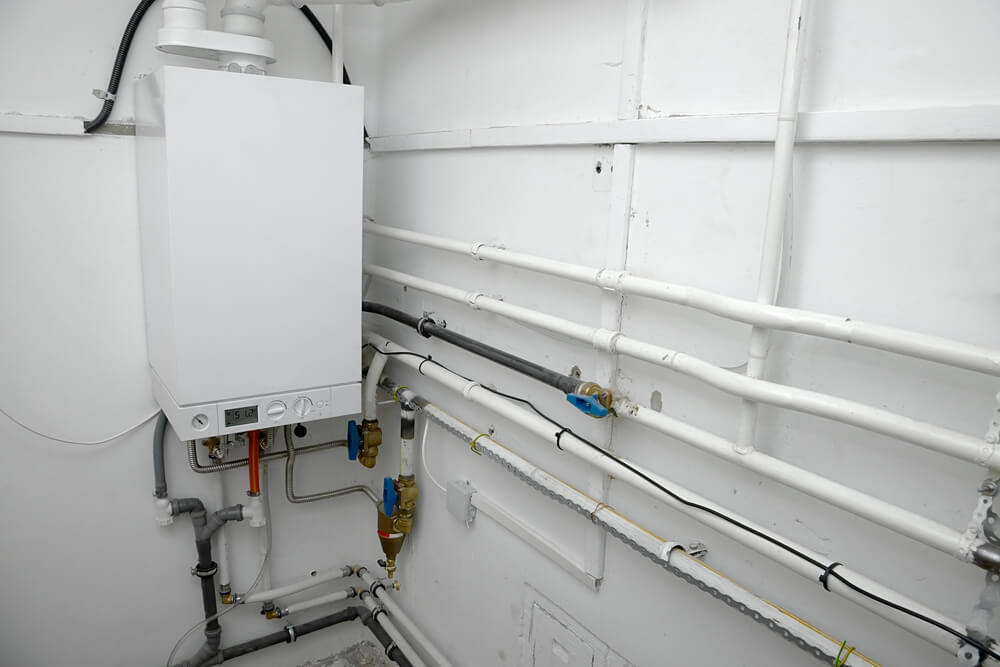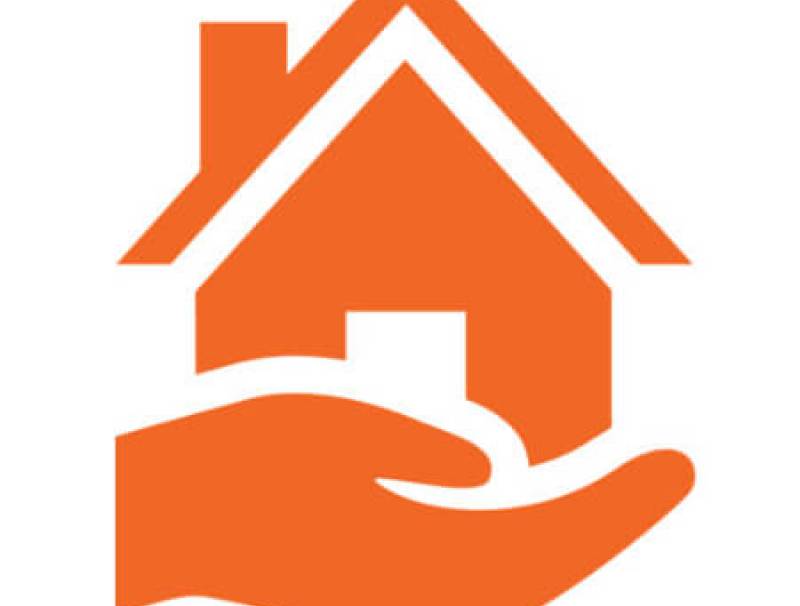The Differences Between a Boiler and a Furnace
Heating a building, home, or even just a room can really start to get pricey. It is no wonder that people are looking for other ways to heat their homes and water. You may be wondering what the difference is between a furnace and a boiler is. Smith Heating & A/C Service, the best HVAC repair in Athens, GA, has detailed the some of the most important differences below. Let’s get started!
What Is a Boiler?
A boiler produces heat by boiling water. The boiler will continuously heat the water until it is completely hot. However, the hot water does not simply act alone to heat a home or building. A boiler is connected to a series of pipes. Those pipes travel to several radiators throughout the home.
Sometimes baseboard heaters will be used to heat the room and the pipes will be connected to it. A baseboard heater distributes the heat even evenly, just as a radiator would.
Boilers can use several different sources to produce heat. Some boilers use wood pellets, but gas and oil can be used on boilers that take such fuels.
More information on the types of fuel a boiler uses can be found at SlantFin.
How Much Does It Cost to Have a Boiler Installed?
The cost to have a boiler installed can vary depending on who is doing the installation. The average price starts at about $4,000. The good news is that to get a replacement boiler installed, the price is about half the price of the original installation at roughly $2,000.
The repair costs for a boiler can vary depending on what needs to be repaired; an average estimate is about $300.
What Is a Furnace?
A furnace is a lot different than a boiler, even though they both produce heat. A furnace does not use water, unlike the boiler. A furnace actually uses coils. The coils heat up to a certain temperature, and when the temperature is reached an air blower will turn on and blow the heat through a set of air ducts, transferring the heat through the home.
Some furnaces are electric and others are gas. While electrical furnaces do work, they generally do not heat the home or building as well as a gas furnace would. It is important to purchase a furnace that is large enough to heat the entire home.
Sometimes oil is used, while other furnaces use propane. Some furnace types that are more expensive but cost-effective in the long run are geothermal furnaces or solar-powered furnaces.
Are There Any Dangers with Gas Furnaces?
Electric furnaces usually pose no threat as long as they have been properly wired and installed. However, gas furnaces must be maintained regularly. Just like with having gas hooked up to a stove, gas furnaces need to be checked for leaks and carefully monitored to ensure that no carbon monoxide is leaking from it.
Gas cannot be seen or smelled at times. Carbon monoxide detectors should be installed in homes regardless if a gas furnace is used, but even more so if gas is used. Carbon monoxide detectors can save lives.
You can read more about carbon monoxide at Centers for Disease Control and Prevention.
How Much Does It Cost to Install a Furnace?
Just like a boiler, the prices for furnace installation vary depending on how big the home is and who is installing the furnace. On average, the cost is around $3,000. The average cost for an inspection or repair can cost around $200, yet this solely depends on what needs to be repaired along with any issues the furnace may be having.
What Do Boilers and Furnaces Have in Common?
While they both are used to heat a home, a furnace and boiler have one more thing in common: they both need to be cared for and get routine inspections. It is important to have scheduled maintenance done on both a boiler and a furnace. This ensures that they are working properly, no gas is leaking, and in the long run will save money by detecting an issue sooner.
Which One Costs More to Use?
Even if someone is able to heat their home at a significantly lower price than you, it does not mean you can achieve the same results by using the same heating method as them. A lot of factors come into play such as the size of the home, how many people are in the home, how often the stove is running, and how big of a boiler or furnace is required.






















